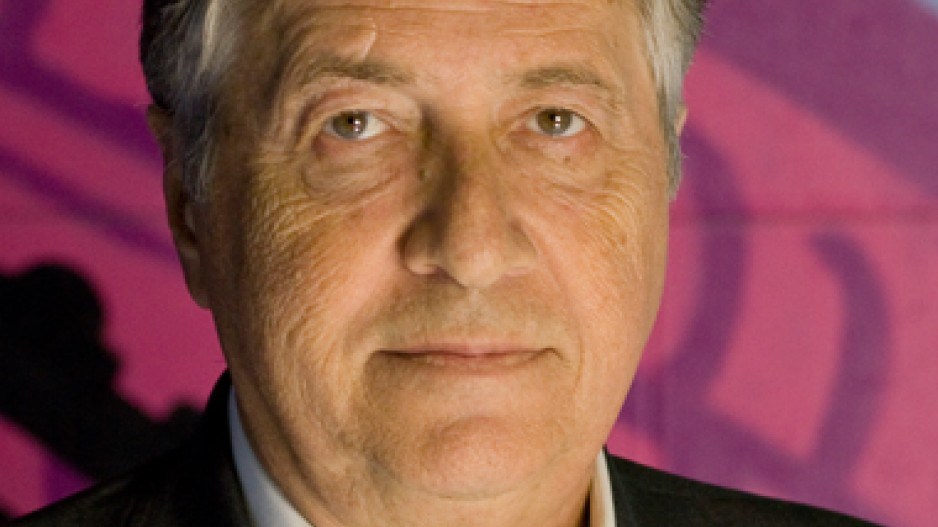Business in Vancouver’s “How I Did It” feature asks business leaders to explain in their own words how they achieved a business goal in the face of significant entrepreneurial challenges. In this week’s issue, James Shavick decribes how he went from producing TV shows like Teenage Mutant Ninja Turtles to owning and running a TV network for the LGBT (lesbian-gay-bisexual-transgendered) community. When he and his wife, former B.C. finance minister Joy MacPhail, bought the company in 2006, it had about 100,000 viewers and languished on cable’s sidelines. It now boasts more than 1.2 million viewers.
“The station was about to go dark and we decided to take a chance. It was very expensive. We had to buy out everyone, and then we had to spend a fortune on programming. We were writing six-figure cheques every month.
“Former owner John Levy, who owns The Score, decided, for whatever reason, that it ought to be more adult-oriented. He went in that direction, and it failed.
“If you look at the licence, it will have the potential to be a bridging service – creating understanding and thereby reducing stereotypes – between the LGBT community and the rest of Canada, and that’s what really interested us when we bought it.
“The initial network had alienated everyone. It’s kind of like the restaurant where people have gotten food poisoning: before you do anything else, you need to fix the kitchen. So we said, ‘No adult content.’ As a result, we had to throw out the entire library, although we did have some core shows that were quite good.
“We had a show, which we pumped a lot of money into, called Bump, which is a travel show, and we were able to sell it to Viacom in the states. Suddenly, we had a real budget. We bought a huge amount of new programming. We spent a lot of money – we’re talking close to seven figures.
“We broadened the appeal of the channel. We still retained our brand – we have product that no one else has – but we added some well-known brands, and broadened the audience. And we worked with our cable carriers and satellite providers.
“Our chairman, Joy MacPhail, was instrumental. Brand Danks, my COO, and I can do the programming, and we knew how to make product. But she knew the regulatory area, she knew the politics and she knew how to deal with the captains of industry.
“We said, ‘OK, we’ve got our core audience but we need a broader audience now.’ A key date was 2008 – the acquisition of RuPaul from Viacom, which is a juggernaut. Then we green-lit a show shot here in Vancouver called Don’t Quit Your Gay Job.
“We are a category-A licence. We are supposed to be carried in the best available package, but the marketing and packaging was wrong. So we went to CRTC, we won, and Shaw and us sat down and we made a deal and it really worked for both of us. They put us in a package that includes the Oprah Channel.”




